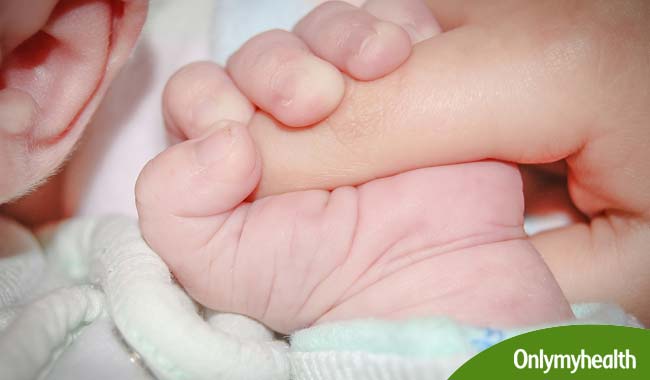
A Study conducted by the Imperial College of London discovered that changes to the communities of microbes inhabited in the reproductive organs of pregnant women could help identify those at risk of giving premature birth to their babies.
The study suggested that the changes in the existing bacteria in the vagina are associated with the situation of a woman’s water breaking early - before 37 weeks.
This could affect the health of both the mother and the baby, including the risk of sepsis for neonates.

In the study, the researchers also pointed out that the standard antibiotic treatment thas is given to women whose water break early can help minimize the infection in some cases while it can also prove detrimental to a small proportion of women.
For that small subset of women, the treatment can disrupt the balance of the mother's microbes by eradicating the 'good' bacteria and allowing more harmful bacteria to take their place in the vagina - with potentially devastating outcomes for the baby.
The researchers recommended that alternative treatments should be used, such as using selective antibiotics to mitigate the risks involved for the mother and the baby.
For the study, samples were collected from a potential group of 250 pregnant women with or without risk factors of giving preterm birth, such as a history of miscarriage or premature birth. A smaller group of 87 women with premature membrane rupture were also examined.
The study was published in the BMC Medicine Journal.
How we keep this article up to date:
We work with experts and keep a close eye on the latest in health and wellness. Whenever there is a new research or helpful information, we update our articles with accurate and useful advice.
Current Version